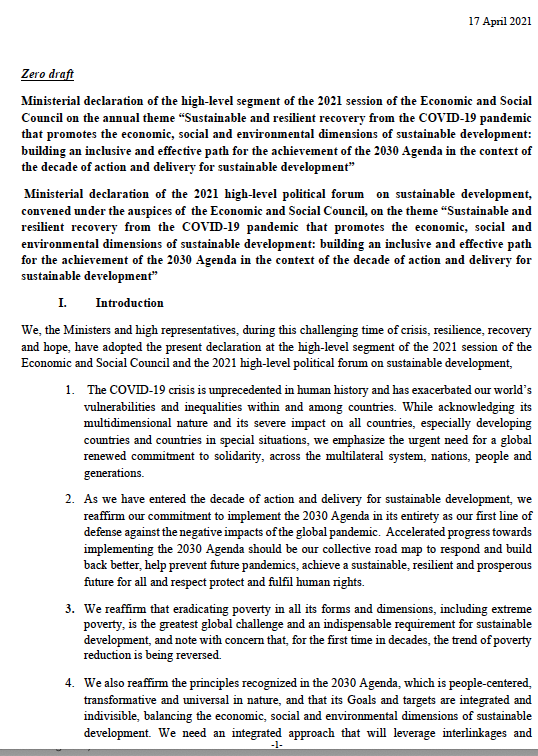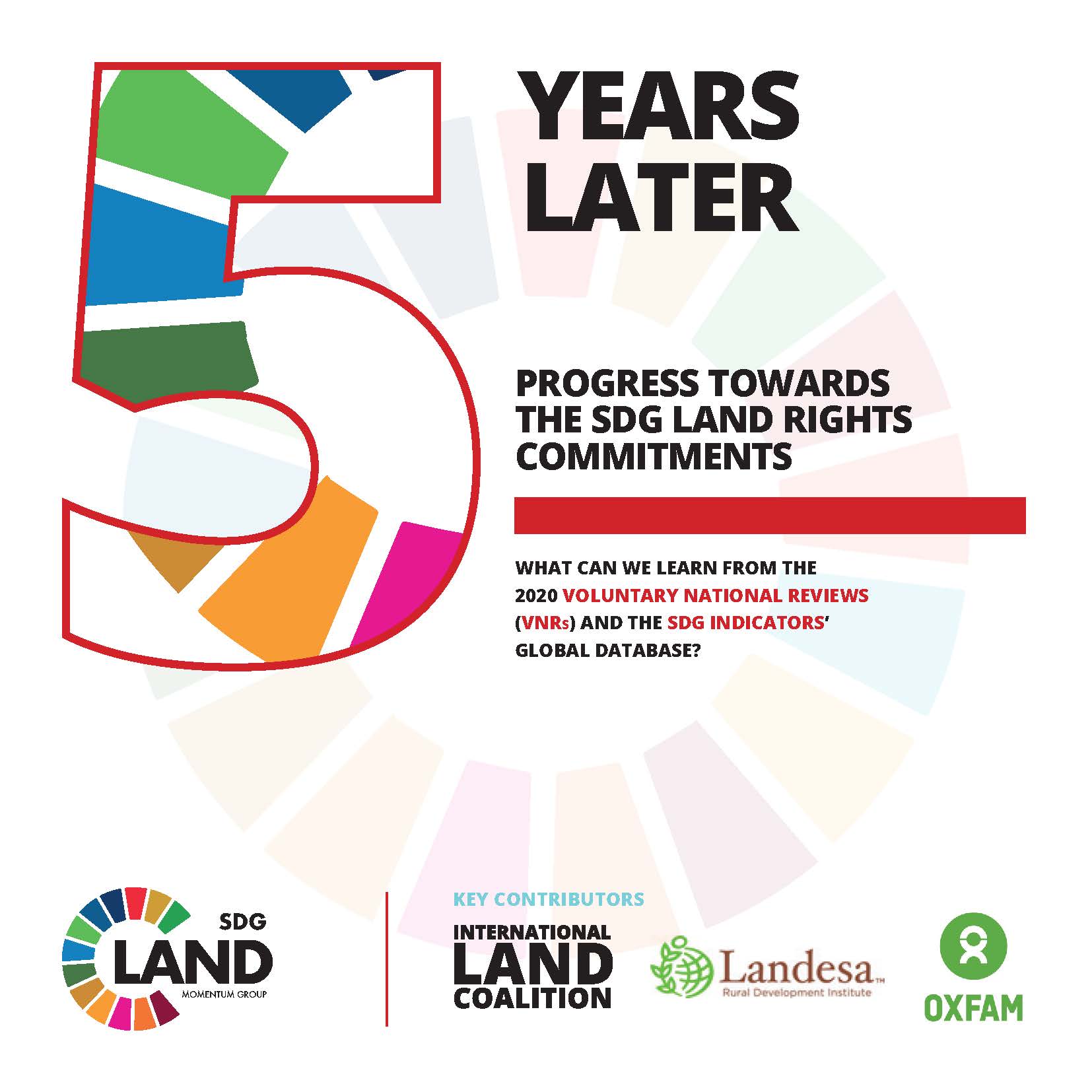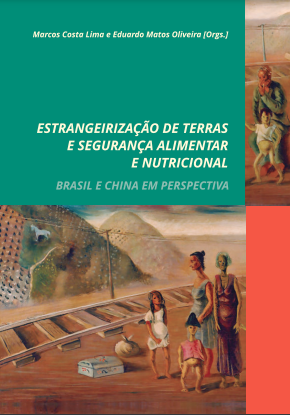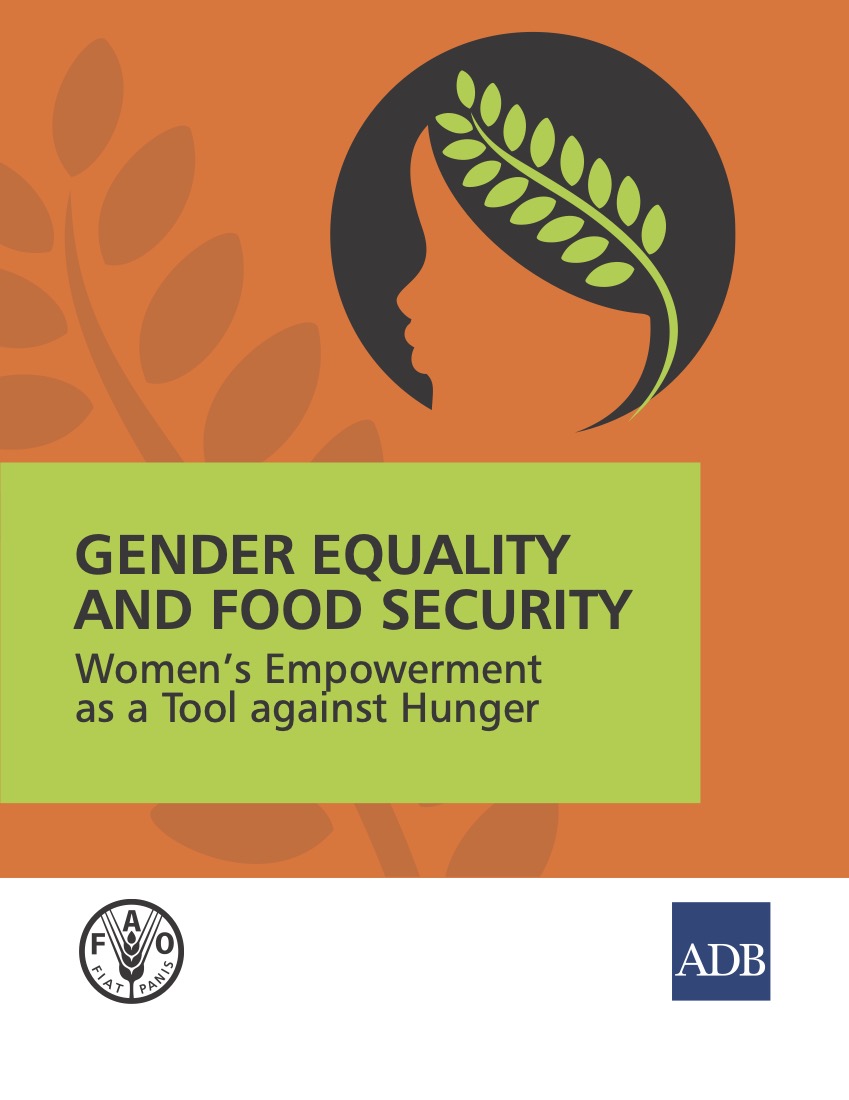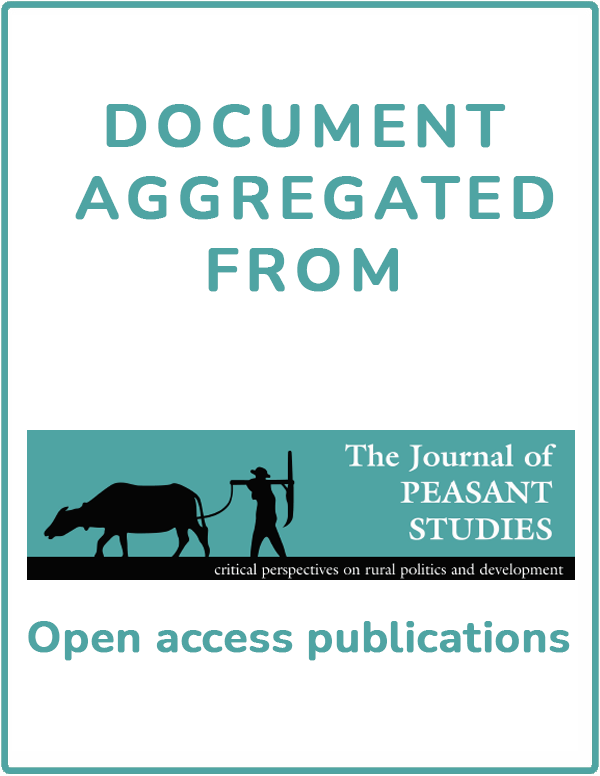Household farm production diversity and micronutrient intake: Where are the linkages? Panel data evidence from Uganda
Hunger and malnutrition are key global challenges whose understanding is instrumental to their elimination, thus realization of important sustainable development goals (SDGs). However, understanding linkages between farm production diversity (FPD) and household micronutrient intake is important in mapping micronutrient deficiencies and hidden hunger. Such understanding would inform appropriate interventions against malnutrition. Unfortunately, empirical literature is scarce to sufficiently inform such understanding.
Armed conflicts and food insecurity - a short literature review
‘‘End hunger, achieve food security, improve nutrition and promote agriculture†is one of the stated goals of the 2030 agenda for sustainable development. A major obstacle to achieving this goal is the growing incidence of armed conflict, terrorism and state fragility in the developing world. This obstacle deserves to be understood in particular its relation with food insecurity. In this perspective, availability of data in conflict regions has allowed the economic literature to provide a better understanding of the relationship between conflict and food security.
Appraisal of Potato Production Practices in the Adamawa and West regions of Cameroon. Baseline Survey Report
We conducted a baseline survey to appraise the current potato practices and farming systems in the Adamawa
and West regions of Cameroon where a GIZ-funded project (ONE WORLD – No Hunger, or SEWOH) titled "Green
Innovation Centers for the Agricultural and Food Sector" (ProCISA) is being implemented. We employed a mix
of qualitative and quantitative methods to gather and analyze data/information. This study focused on potato
farmers that have been into potato production for at least two years.
The role of open data in evidencing and limiting political interference in public input distribution in Guatemala
Input subsidies are a popular redistributive policy measure in many developing countries to support climate change adaptation through yield stabilization and food security in a small-farm context. Nevertheless, the evidence of the effectiveness of the programs is mixed. One main point of critique is that these programs are vulnerable to political interference leading to misuse.
Maximizing genetic representation in seed collections from populations of self and cross-pollinated banana wild relatives
Background: Conservation of plant genetic resources, including the wild relatives of crops, plays an important and well recognised role in addressing some of the key challenges faced by humanity and the planet including ending hunger and biodiversity loss. However, the genetic diversity and representativeness of ex situ collections, especially that contained in seed collections, is often unknown. This limits meaningful assessments against conservation targets, impairs targeting of future collecting and limits their use.
Case Study: United States Agency for International Development (USAID) investment in innovation for sustainable agricultural intensification
USAID has played a crucial role in shaping global shifts in agriculture and sustainable agricultural intensification (SAI) through the decades. The agency has constantly fostered agricultural innovation - from the Green Revolution in the 1960s to the market-economy transition in the 1990s1 . USAID’s more recent work has followed the priorities of the Feed the Future (FTF) initiative, the US government's flagship global hunger and food security initiative.
Progress Towards the SDG Land Rights Commitments
In 2015 we celebrated world leaders’ recognition of the foundational and strategic role that secure land rights for all –women and men, regardless of ethnicity, religion, place of residence, or civil, economic, social, or political status—must play to achieve a world free of poverty, hunger and systemic gender discrimination.
The kingdom of Lesotho: Country strategic opportunities programme 2022 2025
This document prepared by the International Fund for Agricultural Development (IFAD) identifies strategic opportunities with the goal of contributing to the transformation of rural Lesotho towards a more resilient and economically productive environment that allows its population to sustain their livelihoods and overcome poverty and malnutrition. It sets out to identify initiatives which can contribute to inclusive commercialisation of the rural economy and creating an enabling natural and business environment for sustainable and resilient rural transformation.
Estrangerização de Terras e Segurança Alimentar e Nutricional
Gender equality and food security
The Long Green Revolution
To combat climate change and hunger, a number of governments, foundations and aid agencies have called for a ‘New Green Revolution’. Such calls obfuscate the dynamics of the Green Revolution. Using Arrighi's analysis of capital accumulation cycles, it is possible to trace a Long Green Revolution that spans the twentieth and twenty-first centuries.

